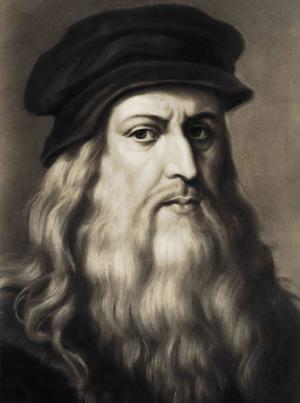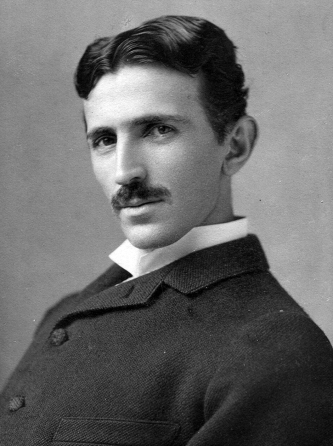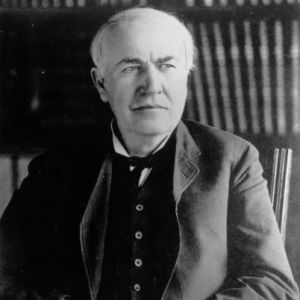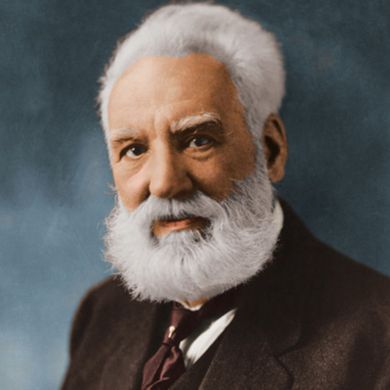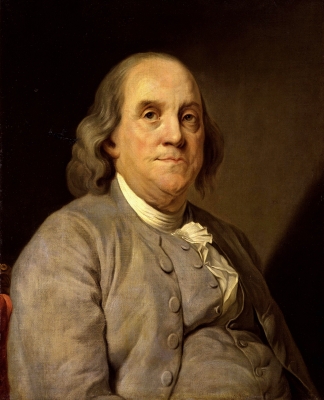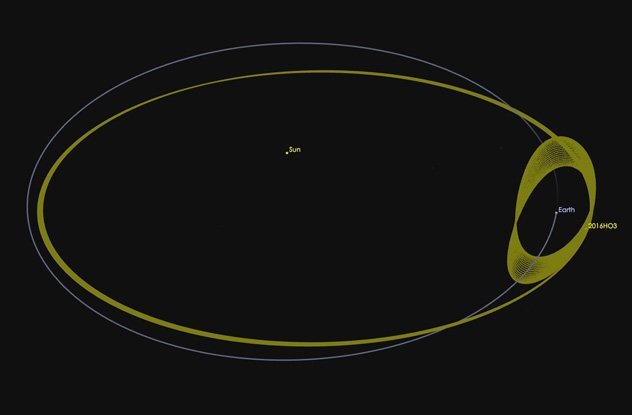
Earth Has A Second Moon
NASA scientists discovered an asteroid that has been captured and is in stable Earth orbit, making it a constant near-Earth companion, or a second satellite. There are a lot of objects orbiting this planet—space stations, man-made satellites, and lots and lots of junk—but only one moon that we can see. Now, NASA has confirmed the existence of 2016 HO3.
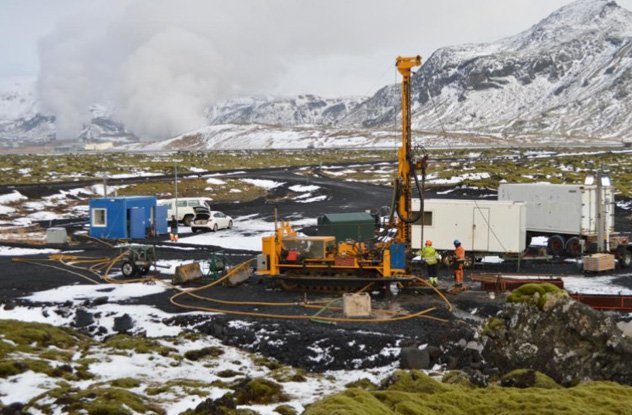
Carbon Dioxide Pumped Into The Ground Can Be Made Into A Solid Stone
Carbon capture is an important part of maintaining the balance of CO2 emissions on the planet. Whenever fuels are burned, all of the CO2 that was stored within is released into the atmosphere. Humans have been causing this problem for a long time, and we are seeing the effects of global climate change. Scientists in Iceland may have found a way to permanently capture carbon emissions so that they do not go into the atmosphere further harming the greenhouse effect.
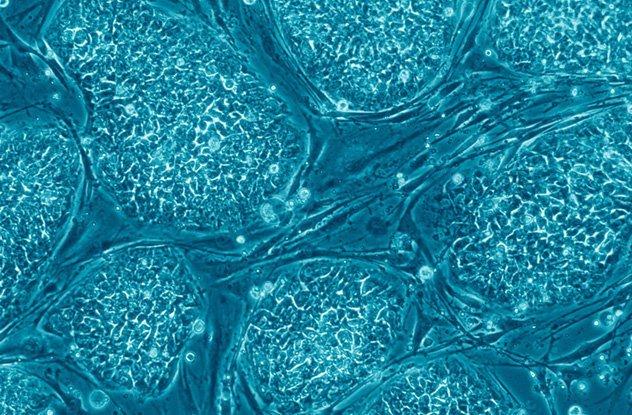
Stem Cells Injected Into Stroke Patients Re-Enable Patient To Walk
A clinical trial held at Stanford University School of Medicine injected modified human stem cells directly into the brains of several chronic stroke patients. The procedures were all successful with no negative effects described from the injection and only mild headaches as a result of the procedure, which was performed on mildly anesthetized patients. All 18 showed significant healing long after any healing is expected following a stroke (a period of six months). This included increased mobility and actually allowed for patients who were previously limited to wheelchairs to walk again freely.
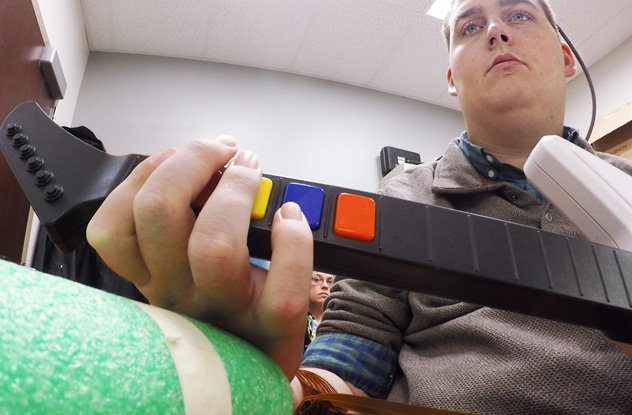
Cybernetic Implant Helps Quadriplegic Man Move His Fingers
A man who has been a quadriplegic for the past six years has been able to move his fingers due to the implantation of a small chip in his brain.
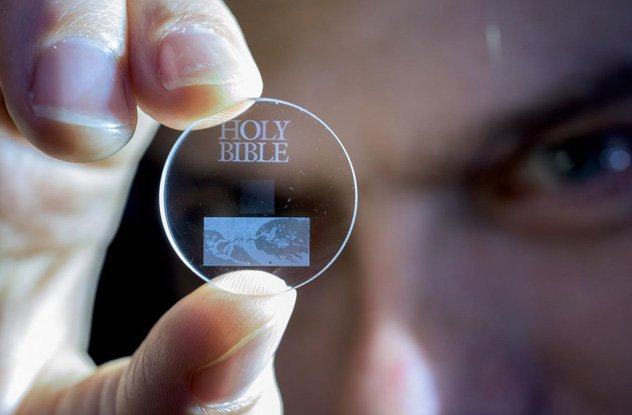
Nearly Eternal Data Storage Method Discovered
Scientists have successfully used nano-structured glass to create a process for recording and retrieving data. The storage device is a small glass disk about the size of an American quarter that can hold 360TB of data and remain intact up to 1,000°C. This means that its average shelf life when held at room temperature would be approximately 13.8 billion years (Roughly the same amount of time the universe has existed).
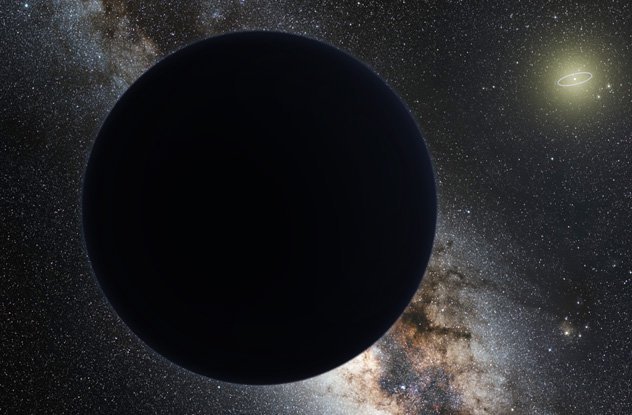
A Ninth Planet Was Discovered In The Solar System
Before the discovery of Pluto in the 20th century, it had been theorized that a ninth planet, Planet X, existed beyond Neptune due to the gravitational clustering that could only be caused by a massive object. It was then believed that this planet was found in Pluto, but that never fully quantified the gravitational distortion until scientists at the California Institute of Technology presented evidence that a ninth planet truly does exist with an orbital period of 15,000 years.

New Prime Number Discovered
Mathematicians discovered a new prime number in January via the Great Internet Mersenne Prime Search. The new prime number is 2^74,207,281 – 1.
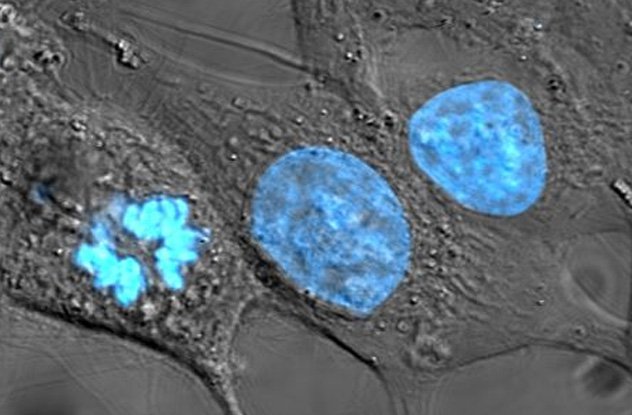
Leads To Multicellular Life
Researchers found that an ancient molecule, GK-PID, is the reason single-celled organisms started to evolve into multicellular organisms approximately 800 million years ago. The molecule has been found to be like a molecular carabinerable to pull chromosomes together to latch them onto the inner wall of a cell membrane when division occurs. This allows cells to copy properly and avoid becoming cancerous.
